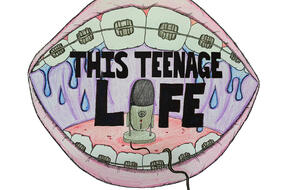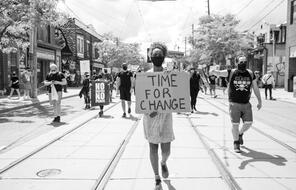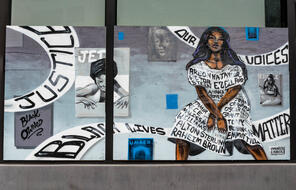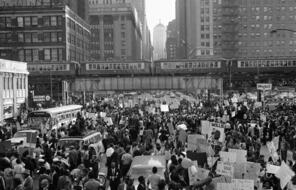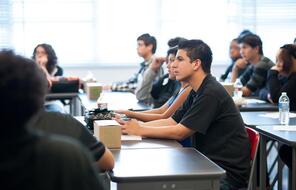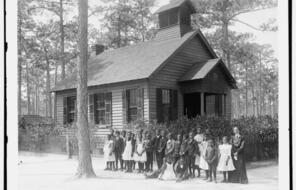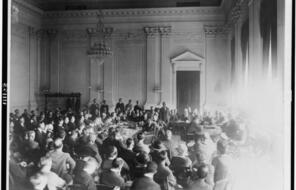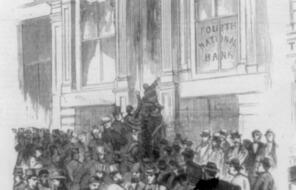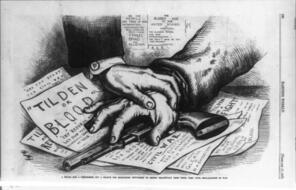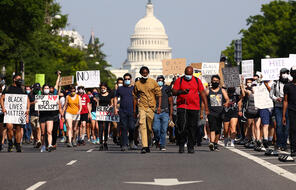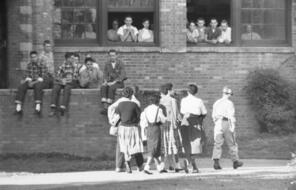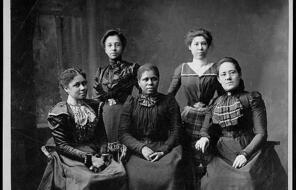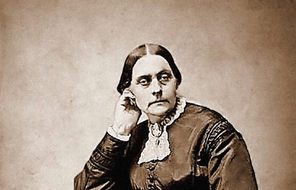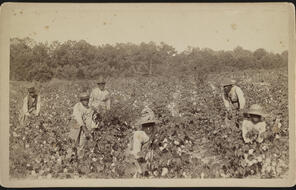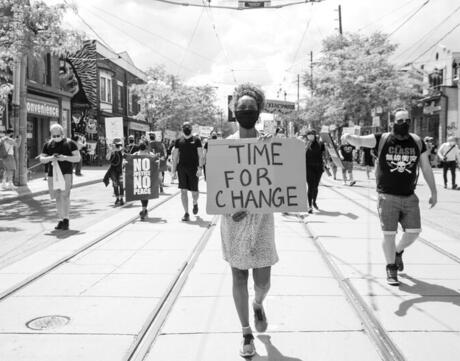
Creating a Society That Ensures Safety for All
At a Glance
Language
English — USSubject
- History
- Social Studies
Grade
6–12- Human & Civil Rights
- Racism
Overview
About this Mini-Lesson
This mini-unit explores the historic roots and ongoing impact of racial injustice in American policing. This final mini-lesson invites students to synthesize their learning about the causes of racial injustice in policing and reflect on the implications these causes have on the individual and collective choices we make today. Students have the opportunity to explore a variety of policy proposals to reform or transform policing and to consider what it might take to create a society that ensures safety for all.
Activities
Activities
Materials and Downloads
Quick Downloads
Resources from Other Organizations
Creating a Society That Ensures Safety for All
Additional Resources
Unlimited Access to Learning. More Added Every Month.
Facing History & Ourselves is designed for educators who want to help students explore identity, think critically, grow emotionally, act ethically, and participate in civic life. It’s hard work, so we’ve developed some go-to professional learning opportunities to help you along the way.
Exploring ELA Text Selection with Julia Torres
On-Demand
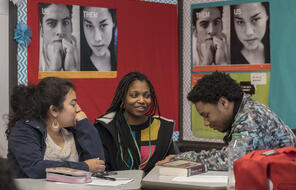
Working for Justice, Equity and Civic Agency in Our Schools: A Conversation with Clint Smith
On-Demand
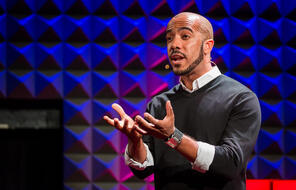
Centering Student Voices to Build Community and Agency
On-Demand
